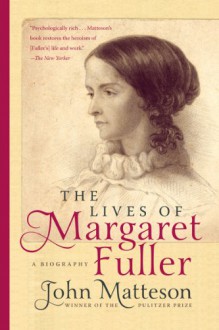
Henry David Thoreau, born in Concord, Massachusetts, on July 12, 1817, was one of the co-founders and most influential representatives of the philosophical school known as "Transcendentalism." (Others include fellow Concord residents Ralph Waldo Emerson and Bronson Alcott, reformist teacher and father of Louisa May Alcott.) Thoreau's life centered around his home town; yet, as his writings reflect, he was very familiar with all major philosophical schools of his time, not only those developing in America but also the writings of Kant, Goethe, Schiller and Hegel – indeed, the very term "transcendentalist" derives, as Emerson explained, from Kant, who had first recognized intuitive thought as a kind of thought in its own right, holding "that there was a very important class of ideas ... which did not come by experience, but through which experience was acquired ... [and which] were intuitions of the mind itself." These were the ideas which Kant had called "transcendental forms." (Or, as Thoreau himself once put it in his Journal: "I should have told them at once that I was a transcendentalist. That would have been the shortest way of telling them that they would not understand my explanations.")
To this day, transcendentalist philosophy, and Thoreau's work in particular, has proven enormously influential – on the program of the British Labour Party as much as on people as diverse as spiritual leaders Mahatma Gandhi and Martin Luther King Jr. on the one hand and rock star Don Henley on the other hand. Henley in the 1990s even went so far as to found the Walden Woods Project, teaming up with the Thoreau Society to preserve as much as possible of Walden Woods and the land around Concord, and foster education about Thoreau. Yet, during his life time only few of his many works, now considered so influential, were published, and even those did not find wide distribution. "I have now a library of nearly nine hundred volumes, over seven hundred of which I wrote myself," he commented on the poor sales of his "Week on the Concord and Merrimack Rivers."
This collection, one of two Library of America volumes dedicated to Thoreau's works and edited by renowned Thoreau scholar Elizabeth Hall Witherell, presents the majority of his essays and poems, from well-known works such as "Civil Disobedience," "Life Without Principle" and "Walking" to a large body of lesser known (but just as quotable!) writings and loving observations of nature ("Autumnal Tints," "Wild Apples," "Huckleberries").
Read more on my own website, ThemisAthena.info.
Preview also cross-posted on Leafmarks.


 Log in with Facebook
Log in with Facebook 






